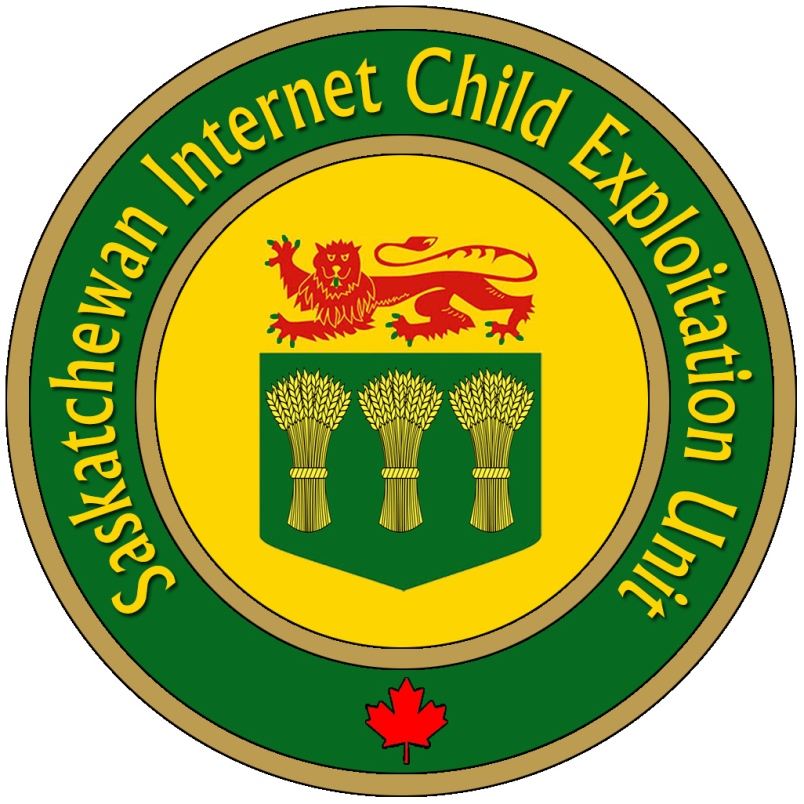The Saskatchewan ICE unit continues to help families in Saskatchewan. One of the ways we can help is to pass along information that we see as an issue within the province. Sask ICE has noticed a concerning trend in the files over the past few months. We have seen a number of files reported recently that involve the same type of scam that involves the sharing of intimate images and then extortion. This is happening over various apps and games. As such, we wanted to advise families.
We are seeing that a youth will become connected with the suspect on social media and the suspect will pose as a similar aged youth. The suspect will communicate with the youth and begin to send intimate images / videos of who they say is themself. The suspect will then ask the youth for their intimate images. Once the youth sends their intimate images, the suspect will then demand money from them or they will send their images to friends, family and social media contacts.
Sometimes youth are giving out too much information: emails, usernames, passwords, personal information. Suspects will then use the acquired information to set up new accounts under the assumed identity and the process continues.
Suspects are often in countries outside of Canada and therefor our investigative abilities are sometimes limited. This increases the frustration of the family and the investigators. Sometimes the images stay online and we are not able to stop the sharing of the images once it is on the internet.
Private images and/or information should not be shared or given out. Talk to your family about internet safety rules and keep each other safe. This can happen to adults as well, please be safe online. Having an intimate image of yourself on the internet is bad enough, but to have someone else control it makes the situation horrendous.
If members of the public have concerns about something they or their children find online, they should contact their local police service or online at Cybertip.ca or for more information.
Cybertip has information and online tips:
Online safety tips for families
- Have regular conversations about online safety. This includes talking about the online games your kids are playing, the apps they’re using, and who they are chatting with. For tips on how to get the discussion started, visit protectkidsonline.ca for age?appropriate ideas.
- Set the expectation you will monitor your child’s online activities, and work together to establish guidelines around texting, social media, live streaming, and gaming, such as who your child can do these things with and on what apps.
- For younger children, help them create their login, password, and profile information ensuring it is set to private. For tweens and teens, help set up privacy settings in apps/games/social accounts. With a private account, users can approve or deny followers/friends, restrict who can view their content and profile information, and limit incoming messages to followers/friends only. Work together to decide who to accept as followers/friends.
- Tell your child that if they come across something or someone while online that makes them feel uncomfortable, they can tell you without fear of getting in trouble or losing digital privileges. Remind them their safety is what is most important to you.
- If you see, read, or hear anything sexual from an adult towards your child online, report it to Cybertip.ca.
For more information visit:
The Saskatchewan ICE Unit is comprised of the Provincial Coordinator S/Sgt. Shawn Stubbs and investigators from Prince Albert Police Service, RCMP, Regina Police Service, and the Saskatoon Police Service. Their mandate is to investigate crimes involving the abuse and/or exploitation of children on the Internet.




